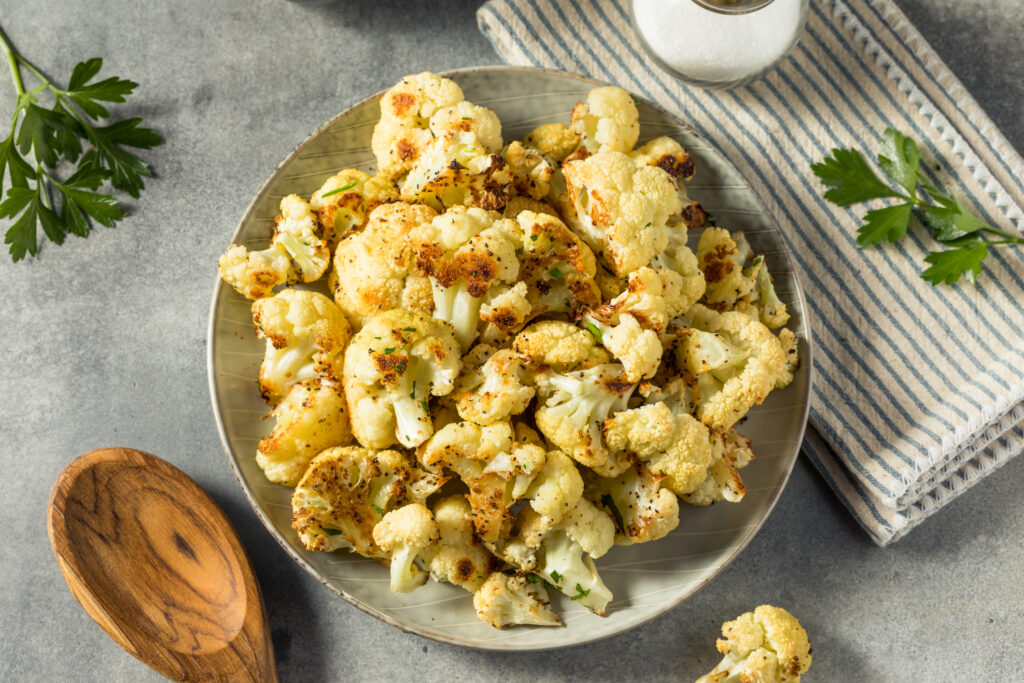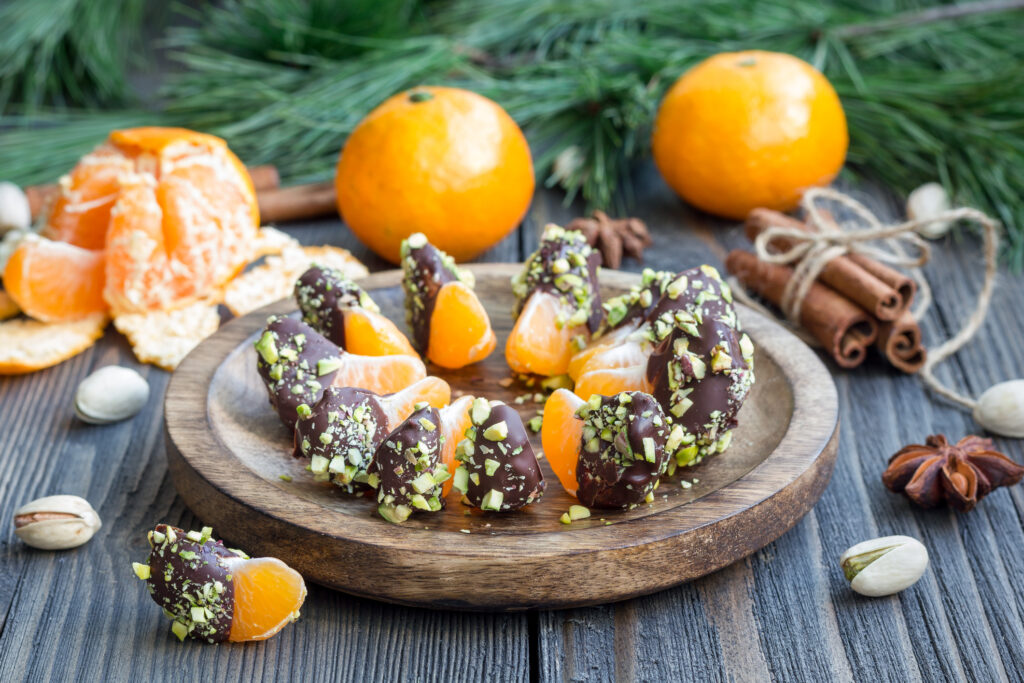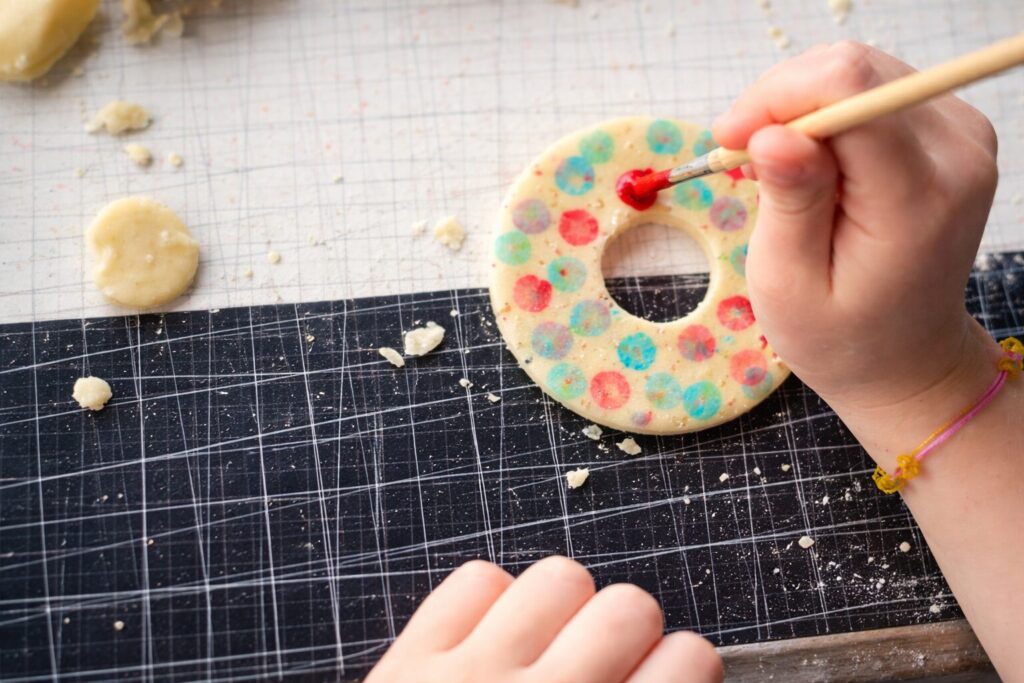Your meat-less menu may be the result of pregnancy-related nausea causing your nose to curl in disgust at the smell of meat, or it could be a personal dietary choice. A vegetarian diet can meet the special needs of pregnancy when a little extra care is put into ensuring your meals and snacks include enough iron, protein, vitamin B12, DHA and calcium-rich foods. No matter why your fork is boycotting meat, here are some simple tricks that will help reassure you that you’re still eating-right while you’re eating for two.
Protein
So, meat is not your thing. Luckily, there are lots of non-meat source of protein, such as nuts, eggs, seeds, legumes (beans and lentils), tofu and hummus. Two servings per day of these protein-rich foods will help your body get enough protein to build muscles, and make hormones and enzymes. And, don’t forget, protein is also important to your little one – she needs the amino acids found in protein to help her grow.
Iron
Feeling a little sluggish? Iron helps move oxygen (your body’s main fuel source) from your lungs to the rest of your body. Without sufficient oxygen you’ll be low on fuel and feeling sluggish. Anemia, the clinical term for low iron levels, can make you feel fatigued. By including iron-rich foods in your diet you can prevent anemia and keep your energy levels up. Apricots, spinach and pumpkin seeds are lesser-known sources of iron. Eggs, nuts, seeds, legumes, fortified cereals and green leafy vegetables (spinach, bok choy) also contain iron. To help boost your body’s ability to absorb the iron, eat foods with vitamin C (raspberries, limes, broccoli) at the same time. Low iron levels are common in women of childbearing age, and during pregnancy. During pregnancy, your iron requirements increase to meet the needs of your baby’s development, and to keep up with your new blood volume, which can be almost double what it was before.
Vitamin B12
Pregnancy can be tiring, but vitamin B12 can help. Sometimes called the energy vitamin, B12 is only found in foods of animal origin. It is needed to make bloods cells, and is involved in nerve and brain function. Supplemental vitamin B12 may be needed for vegetarians while pregnant and breastfeeding.
Calcium
That milk mustache might be worth bringing back in style – you’ll need the calcium in milk as your baby has 270 bones to build. Nutritional guidelines suggest pregnant women consume 1,000 mg of calcium a day, yet many women don’t consume that much. If there isn’t enough calcium in your diet to meet your baby’s needs, your bones will give up their calcium. Dairy foods are a great source of calcium. If dairy is not in your diet, seek out alternative sources of calcium such as nuts, seeds, calcium-fortified soy milk or a calcium supplement – your bones will thank you.
DHA
Is your fork avoiding fish too? Docosahexaenoic acid (DHA) is an essential fat found in fish (to a limited extent the body can make it from fats found in seeds such as flax and chia). DHA has received a lot of attention thanks to its amazing ability to improve brain health. Researchers have found that moms who enjoy fish more than a few times a week have a reduced risk of developing postpartum depression. Plus, babies whose moms consume more fish (about 300mg of DHA a day, or two to four servings of fatty fish a week) have been found in clinical trials to have higher IQs, better sleep patterns and better visual acuity.
What's Food Got to do With It?
Researchers around the world are finding a strong connection between diet during pregnancy and the health of the mother and baby. During pregnancy, seeking out foods that offer your body the best nutrition can quiet pregnancy complaints, reduce the chances of birth defects, improve birth weight and pregnancy duration, and may improve development of the brain and eyes of infants. Grab your fork and dig into foods that support a healthy pregnancy, and make you feel good – if that means a vegetarian diet, simply give special attention to seeking out alternative sources of iron, protein, calcium, DHA and vitamin B12.











